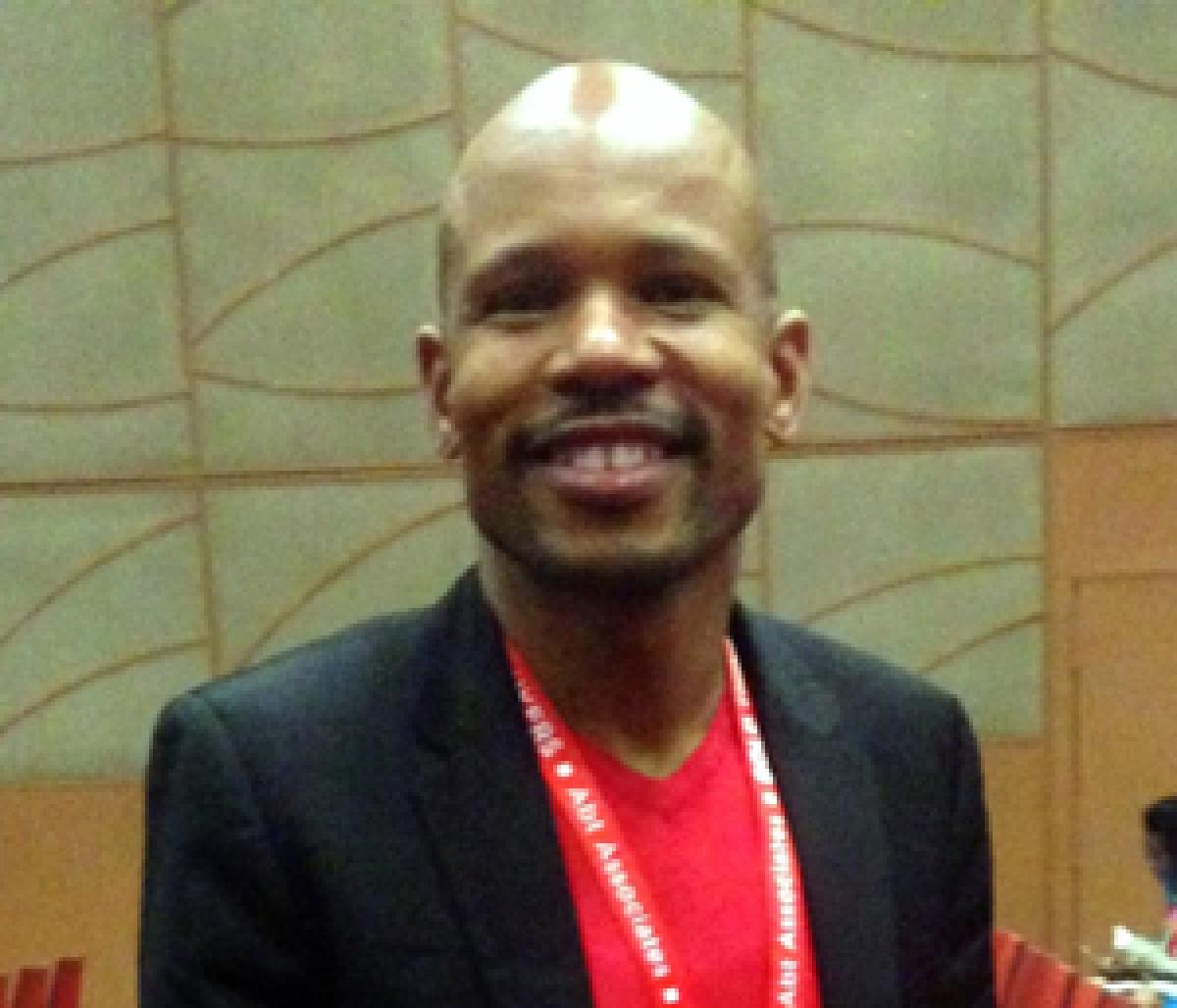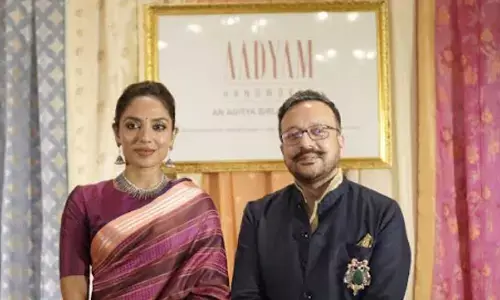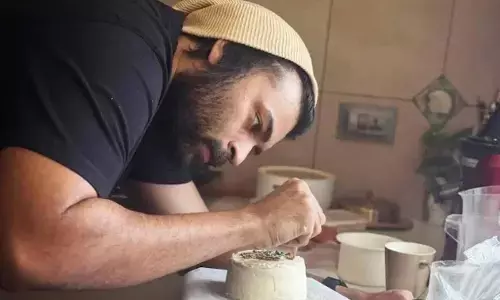Battling with three diseases and still going strong

I met 37 years old Nqobile Zungu, at the 21st International AIDS Conference (AIDS 2016) that is being held in Durban. And yes, her looks were deceptive in the sense that one could never guess that her outwardly healthy body and cheerful attitude masked not one but three diseases.
I met 37 years old Nqobile Zungu, at the 21st International AIDS Conference (AIDS 2016) that is being held in Durban. And yes, her looks were deceptive in the sense that one could never guess that her outwardly healthy body and cheerful attitude masked not one but three diseases. Now a mother of two kids, aged 12 and 8 years, Nqobile suffered from asthma from early childhood. In 2002, when she was 23 years old, she was diagnosed with diabetes. She went to a clinic and reported her symptom of itching in her private parts, but did not think it important enough to tell that she was also urinating frequently. The medication she got did not improve her condition.
“Two weeks later I went to a family planning clinic where I came across a pamphlet with signs and symptoms of diabetes. When I read that, I said this is myself. I went to the healthcare worker to check me for diabetes. My blood glucose levels were very high and could not be controlled with oral medication. I was admitted to a hospital for two weeks. There I was given insulin and that made me feel better. Since then, I have been taking insulin twice daily.”
But this was not the end of Nqobile’s woes. In 2004, at the time of her first pregnancy, she tested positive for HIV. This was a devastating blow to her. She had contracted the virus from her partner who continued to remain in a state of denial. She delivered a baby boy through a C-section as the baby was too big because of her diabetes.
“Fortunately, my baby was negative. My partner was positive but he had hidden that fact from me. I did not know his status at that time. When I told him about my status he lied to me that he had gone to the clinic and tested negative. It was only later that I found he was positive. Things did not work out well between us and we parted ways. I later found another partner who was HIV positive but he was honest with me and we are happy with each other.”
Nqobile started on antiretroviral treatment (ART) in 2012 on the insistence of her doctor. Her CD4 cell count was 586 at that time and she was not feeling sick at all. But Dr. Samele Madela did not want to take any chance, as she also had diabetes, and put her on ART right away. She has tested for TB also but thankfully did not have it.
“I am on medication for three chronic diseases. My asthma, diabetes, and HIV treatment are all free under the government programme—I get the drugs for them on the same date at the same health facility which is at walking distance from my place. I am fine now, as you can see.”
(Yes, indeed! When CNS (Citizen News Service) met Nqobile, she looked fit as a fiddle and her smiling face radiated joy and self-confidence).
Nqobile has passed grade 12 and is a professional health worker. When she could not get the job of an HIV/AIDS counsellor, she started doing voluntary work as a community health worker. Her partner is working but does not have a permanent job.
There is still a lot of stigma around HIV/AIDS in the community and families, rued Nqobile. There are more gender bias and stigma in women living with HIV in the communities here as patriarchy issues still exist. She was lucky to have a strong family support, which she thinks is so very important for people living HIV (PLHIV). Yet, when she goes out in the community talking about HIV, many of the PLHIV do not want to disclose their status, especially the women.
“We need to tell people that HIV is a chronic disease and not a death sentence. Being HIV-positive is not the end of the world. My partner and I have never unprotected sex. We use the condom every time. Female condoms are available locally, but their uptake is very less”, said Nqobile.
Nqobile confided that this conference has been a great learning experience for her and has reinforced her belief that she is going to live more than ever with the treatment her government is giving her. She was especially grateful to her doctor who had done a wonderful job. If he had not insisted she would not have begun on ART soon enough, which might have proved disastrous later on.
Nqobile’s treating physician Dr. Samele Madela, who was trained in Cuba, practises in Dundee in Umzinyathi district of KwaZulu Natal. He is very passionate about his noble profession. He firmly believes that doctors cannot separate themselves from the community they serve. One becomes a doctor not for one’s own self, but for the benefit of the community.
He said, “It has been over 5 years since I started practicing as a doctor. According to me, a doctor obviously has to have good clinical skills, but our success is measured in terms of on how many people’s face we can put a smile on. I always want to have a good relationship with my patients. That has been my approach from the beginning and that is how I have gained the confidence of my patients over the years. I do care how they look like when they come back after 6 months or 1 year and that is what makes me feel happy. I strongly believe that a bio-psycho-social approach is the most important approach when it comes to practicing medicine, because then you put into context everything that is linked to the patients, apart from their medical complaints. ”
While innovative approaches in healthcare delivery are essential to tackle the double-disease burden of communicable and non-communicable diseases (NCDs), existing platforms for HIV and TB detection, care and management can be leveraged effectively for NCD services to address populations’ needs holistically. At the same time, effective counselling by a doctor can work wonders.
Shobha Shukla, CNS (Citizen News Service)
(Based on an exclusive interview given by Nqobile Zungu, and her doctor Dr. Samele Madela to CNS – Citizen News Service)




















